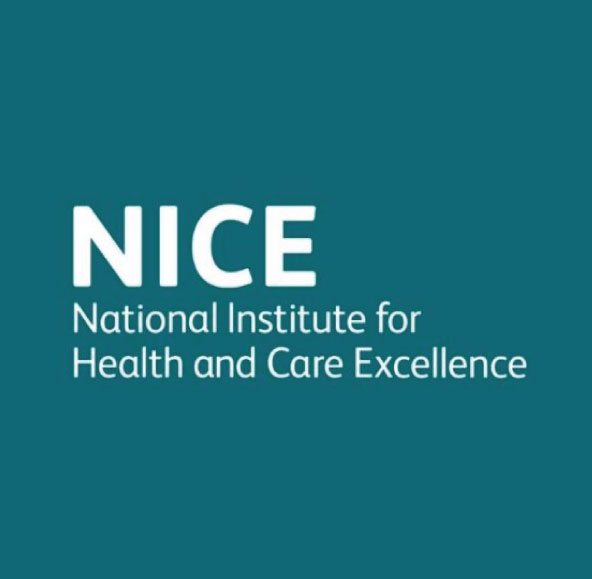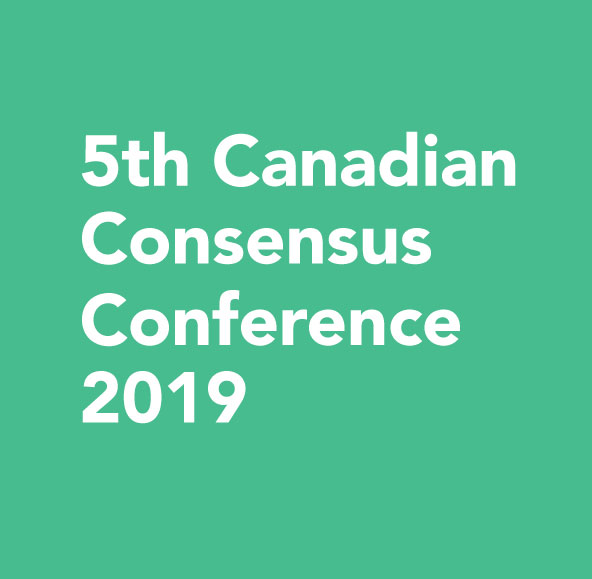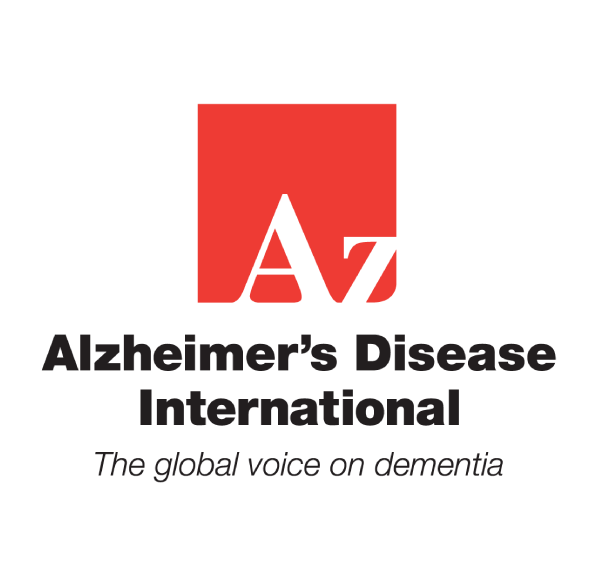Used in over 30 countries, cognitive stimulation therapy is a scientifically proven conversation-based dementia therapy that exercises the mind and improves cognition, memory, language skills, confidence, and quality of life.
Our program runs for 7 weeks, and we’ll meet 2x per week for about an hour (14 sessions in all). At each session, a forBetterMinds Coach will guide you through conversations to help you generate thoughts and opinions on interesting material that we customize just for you.
We guide the conversation so that there’s no right or wrong answers, and there’s no testing whatsoever. Your mind will be exercised and it will help strengthen neural connections in the brain.
If you are outside of the Toronto area, we deliver CST one-on-one, virtually through Zoom. If you are in Toronto, we can bring this dementia treatment to you in person. Whether virtually or in-person, we will lead you through activities that stimulate thinking.
Sessions are based on fundamental principles which include:
Cognitive Stimulation Therapy has been shown to improve areas of memory, language, and quality of life. In particular, improvements have been seen in:
Orientation to time and place
Following instructions
Verbal recall
Understanding conversation
Quality of speech
After completing cognitive stimulation therapy, people have rated their quality of life higher, and their carers have rated their own quality of life enhanced1. CST research has also shown a reduction in depression and anxiety for its participants.
CST has been shown to be more effective at improving cognition than common dementia medications (Acetylcholinesterase inhibitors (AChEI)). However, when combined, synergy between CST and pharmaceuticals has shown a pronounced improvement2.



Largest benefits have been seen with people early in dementia, including those with mild cognitive impairment (MCI). Significant benefits can still be achieved in the moderate stage provided the person can conduct a responsive conversation. It is best that you or your loved one:






How does forBetterMinds deliver CST?
We bring CST to you virtually, through your laptop, iPad or tablet, in a one-on-one individual (iCST) format. Nothing is needed from you, except your computer, internet connection, and your attention!
CST takes the form of 14 sessions, twice per week for 7 weeks. The sessions are enjoyable and engaging. Each session has its own theme, ranging from music, current affairs, and food. Maintenance cognitive stimulation therapy or mCST can also be enjoyed after the original sessions.
References
1The Acceptability and Usefulness of Cognitive Stimulation Therapy for Older Adults with Dementia: A Narrative Review. Toh, H.M., Ghazali, S. E., and Subramaniam, P. 2016. * Int J Alzheimers Dis. 2016; 2016: 5131570.
2Acetylcholinesterase inhibitors and cognitive stimulation, combined and alone, in treating individuals with mild Alzheimer’s disease. Devits, M., Masina, F., Mapelli, D., Anselmi, P., Sergi, G., and Coin, A. Aging Clin Exp Res. 2021 Nov; 33(11): 3039-3045.
Learn about Cognitive Health